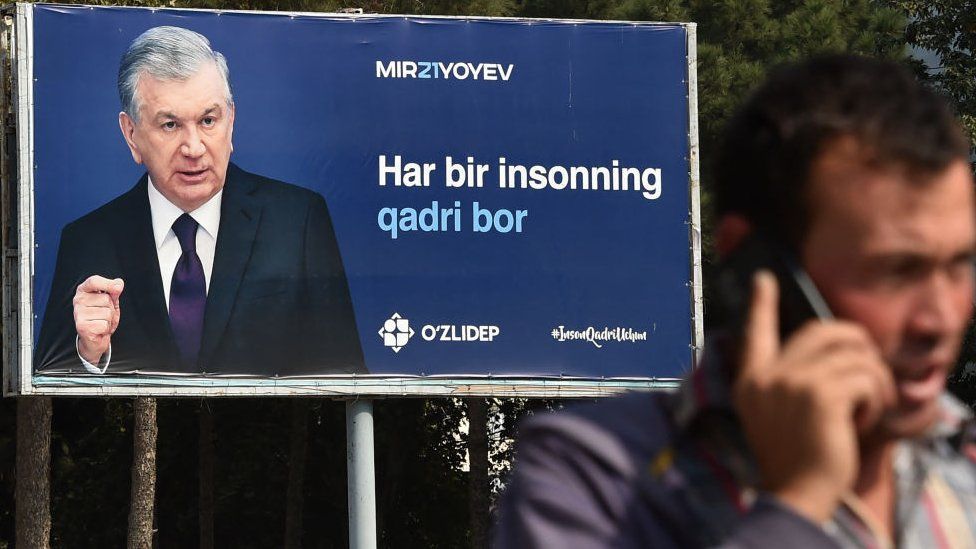-

-
-
Loading

Loading

Olimjon Haydarov, a well-known YouTuber in Uzbekistan, was arrested in July in the city of Kokand. He was charged with extortion for allegedly taking money from shopping center managers by threatening to expose safety violations in his articles. The local police claimed to have caught him in the act of accepting a bribe from his victims. In Uzbekistan, bloggers and citizen journalists are referred to as bloggers. If found guilty, Haydarov could face up to 10 years in prison. It is worth noting that Haydarov is not the only blogger currently being detained. Abduqodir Mominov was also arrested in February and convicted in August, receiving a seven-year prison sentence for extortion. Moreover, in January, Khurshid Daliyev, the founder of the popular news outlet Human.uz, along with its chief editor and several other journalists, were arrested after a raid on their office. They were charged with blackmail and extortion by Uzbekistan's State Security Service, and their trials are being conducted in secret. These crackdowns on bloggers and journalists have raised concerns and have tarnished the image of Uzbekistan's President, Shavkat Mirziyoyev, who had been seen as a reformer. While he has made progress in combating child and forced labor and opening up the economy to foreign investment, his commitment to freedom of speech is now being questioned. During his election campaign in 2016, Mirziyoyev heavily relied on bloggers and social media, but recent arrests have caused worries among political commentators, writers, and journalists. Many have come to the defense of Haydarov, with ex-MP and public activist Rasul Kusherbayev expressing disbelief in the charges against him. Civil journalists have played a significant role in pushing the boundaries of media freedom in Uzbekistan, although authorities have monitored and arrested outspoken bloggers in the past. However, the recent arrests signal a more pronounced crackdown on free speech, causing civil journalists to voice their concerns about broken promises, stagnant economic reforms, and the rise of oligarchy and nepotism. Political analyst Kamoliddin Rabbimov warns that Haydarov's arrest sends an alarming message to civil society and could harm Uzbekistan's efforts to improve its international reputation. He argues that the country's law enforcement system is reverting to Soviet-era tactics, endangering the progress made towards establishing a more democratic and transparent society.